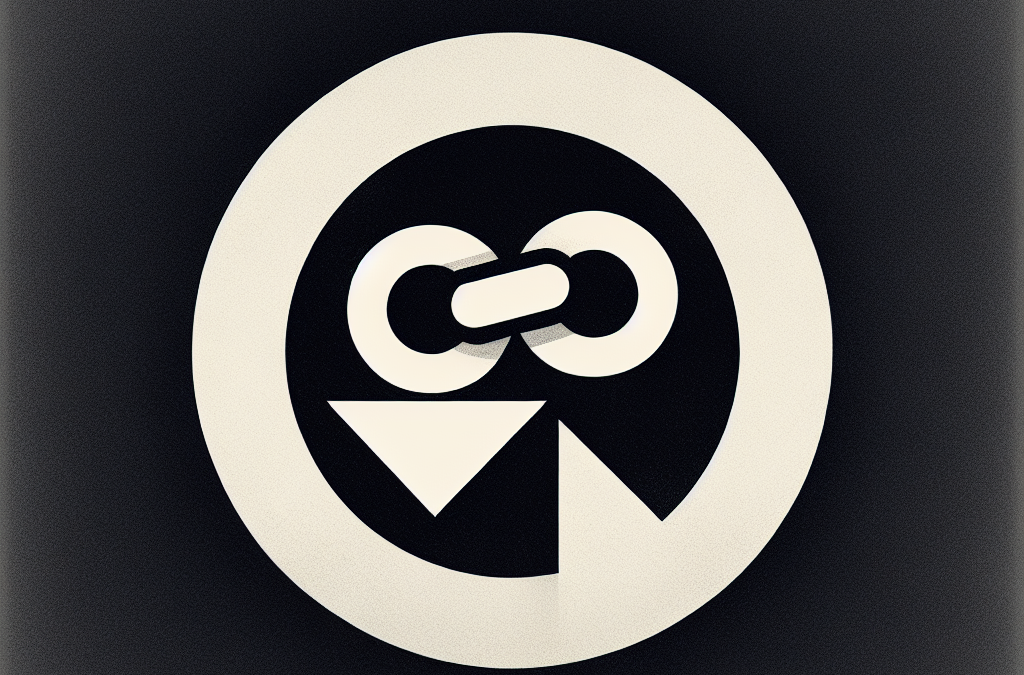In the fast-paced world of online presence, it’s imperative to understand the impact of Google penalties on a website’s SEO. With the constantly evolving algorithms, the penalties imposed by Google can greatly influence a website’s visibility and ranking on search engine result pages. These penalties, which range from minor to severe, can lead to a decrease in organic traffic and even result in the removal of a website from search engine indexes. It’s crucial for every website owner to grasp the implications of Google’s penalties and take appropriate measures to maintain a strong SEO standing.

Understanding Google Penalties
Types of Google Penalties
Google penalties are measures taken by the search engine to punish websites that violate its guidelines. There are two main types of penalties: manual and algorithmic.
Manual penalties are imposed directly by Google’s webspam team when they identify a violation or manipulation of the guidelines. Algorithmic penalties, on the other hand, are automatically triggered by specific algorithms that assess the quality and relevance of a website’s content and backlink profile.
Common Reasons for Google Penalties
There are several common reasons that can result in Google penalties for a website. These include:
- Keyword Stuffing: Overusing targeted keywords in an attempt to manipulate search engine rankings.
- Poor Quality Content: Publishing low-quality, thin, or duplicate content that offers little value to users.
- Unnatural Link Building: Engaging in manipulative practices to acquire backlinks, such as buying links or participating in link schemes.
- Cloaking and Hidden Text: Displaying different content to search engines and users, or using hidden text to manipulate rankings.
- User Experience Violations: Creating websites with poor navigation, slow loading times, or intrusive pop-ups that negatively affect the user experience.
Impact of Google Penalties on SEO
Decreased Search Engine Visibility
When a website receives a Google penalty, its visibility in search engine results pages (SERPs) decreases significantly. This means that it becomes harder for users to find the website organically, resulting in a significant drop in organic traffic.
Loss of Organic Traffic
One of the most noticeable impacts of Google penalties is the loss of organic traffic. As the website’s visibility decreases, the number of visitors coming from search engines also decreases. This can have a detrimental effect on the overall performance and success of the website.
Negative Impact on Rankings
Google penalties can also lead to a drop in search engine rankings for affected keywords. When a website is penalized, it loses its position in the SERPs, making it difficult for users to find the site when they search for relevant terms. This can have a significant impact on the website’s online visibility and competitiveness.
Reduced Trust and Credibility
Receiving a Google penalty can affect the trust and credibility of a website. Users may perceive penalized websites as untrustworthy or unreliable, leading to a decrease in user engagement and conversions. Recovering from a penalty and rebuilding trust can be a challenging task that requires time and effort.

Identifying Google Penalties
Manual Actions from Google
Google provides webmasters with notifications of manual actions taken against their websites. These notifications can be found in Google Search Console. Manual penalties are often accompanied by a specific explanation of the violation and instructions on how to resolve the issue.
Sudden Traffic Drop
One of the first signs of a Google penalty is a sudden and significant drop in organic traffic. Monitoring website analytics and observing any abrupt changes in traffic patterns can help identify potential penalties.
Ranking Fluctuations
Fluctuations in search engine rankings, especially for previously well-performing keywords, can be an indication of a Google penalty. Keeping track of keyword rankings and noticing any sudden drops can help identify potential penalties.
Recovering from Google Penalties
Diagnosing the Penalty
To recover from a Google penalty, it is crucial to first diagnose the specific issue that caused the penalty. This involves thoroughly analyzing the website, its content, backlink profile, and overall compliance with Google’s guidelines. Understanding the root cause of the penalty will guide the recovery process.
Fixing the Problem
Once the penalty is diagnosed, the next step is to fix the underlying problem. Depending on the nature of the penalty, this may involve removing low-quality content, optimizing on-page elements, or cleaning up the backlink profile. It is important to address the issue thoroughly and ensure compliance with Google’s guidelines.
Submitting a Reconsideration Request
For manual penalties, after fixing the issues, webmasters can submit a reconsideration request through Google Search Console. This request should include a clear explanation of the corrective measures taken and a commitment to following Google’s guidelines in the future. It is essential to be transparent and thorough in the reconsideration request.
Improving SEO Practices
Regardless of the type of penalty, it is essential to improve SEO practices to prevent future penalties. This may include creating high-quality and original content, engaging in ethical link-building practices, and continuously monitoring and optimizing the website’s performance.
Preventing Google Penalties
Following Google’s Webmaster Guidelines
The best way to prevent Google penalties is to familiarize yourself with and adhere to Google’s Webmaster Guidelines. These guidelines provide valuable insights into what practices to follow and what to avoid. Staying updated with any changes to the guidelines is also crucial for maintaining compliance.
Avoiding Black Hat SEO Techniques
Engaging in black hat SEO techniques, such as keyword stuffing, cloaking, or participating in link schemes, can result in severe penalties. It is important to prioritize ethical and sustainable SEO practices that focus on providing value to users and maintaining the integrity of the website.
Monitoring Backlink Profile
Regularly monitoring the website’s backlink profile is crucial for preventing Google penalties. Identifying and addressing any low-quality or unnatural backlinks can help maintain a healthy link profile that is compliant with Google’s guidelines.
Regular Website Audits
Performing regular website audits can help identify any potential issues or violations before they result in penalties. These audits should assess factors such as content quality, website performance, navigation, and user experience. Regular maintenance and improvements can significantly reduce the risk of penalties.
Dealing with Specific Google Penalties
Algorithmic Penalties
Algorithmic penalties are more difficult to diagnose and recover from since they are automatically triggered by Google’s algorithms. The best approach to dealing with them is to analyze the website comprehensively, address any potential issues, and improve overall compliance with Google’s guidelines.
Panda Penalty
The Panda penalty primarily targets websites with poor quality or duplicate content. To recover from a Panda penalty, it is crucial to identify and address any thin or duplicate content, emphasize quality and uniqueness, and ensure that the website provides valuable information to users.
Penguin Penalty
The Penguin penalty focuses on penalizing websites with manipulative or unnatural backlink profiles. Recovering from a Penguin penalty involves identifying and removing toxic or unnatural backlinks, requesting link removals from relevant websites, and disavowing harmful links that cannot be removed.
Fred Penalty
The Fred penalty penalizes websites with low-quality or thin content, heavy ad placement, and poor user engagement metrics. To recover from a Fred penalty, it is essential to identify and eliminate low-quality content, reduce ad-heavy or affiliate-heavy pages, and improve user engagement metrics such as bounce rate and time on page.
Impact of Penalties on Specific SEO Factors
Keyword Rankings
Google penalties can have a significant impact on keyword rankings. Penalized websites may experience a drop in rankings for targeted keywords, making it more challenging to rank highly in search engine results. Recovering from penalties and improving compliance with guidelines can help regain lost rankings.
Backlink Profile
A Google penalty can severely affect a website’s backlink profile. Penalized websites may experience the loss of high-quality backlinks or an increase in toxic or unnatural backlinks, leading to a negative impact on rankings. Recovering from penalties involves addressing backlink issues and ensuring a healthy and compliant profile.
Site Structure and Navigation
Website penalties can impact the structure and navigation of a site. Penalized websites may experience decreased user-friendliness, slower loading times, or poor mobile optimization. These issues can negatively affect the user experience and make it harder for search engine crawlers to index and rank the site.
Content Quality and Relevance
Google penalties directly impact the quality and relevance of a website’s content. Penalized websites often suffer from lower-quality or thin content that does not provide value to users. Recovering from penalties involves improving content quality, ensuring uniqueness, and focusing on providing valuable information that aligns with the user’s search intent.
Understanding the nature and consequences of Google penalties is essential for maintaining a healthy and compliant website. By following ethical SEO practices, regularly monitoring performance, and actively improving the website, you can prevent penalties and ensure long-term success in search engine rankings. Remember, staying informed and adaptable is key to staying on Google’s good side and maximizing the visibility and credibility of your website.


